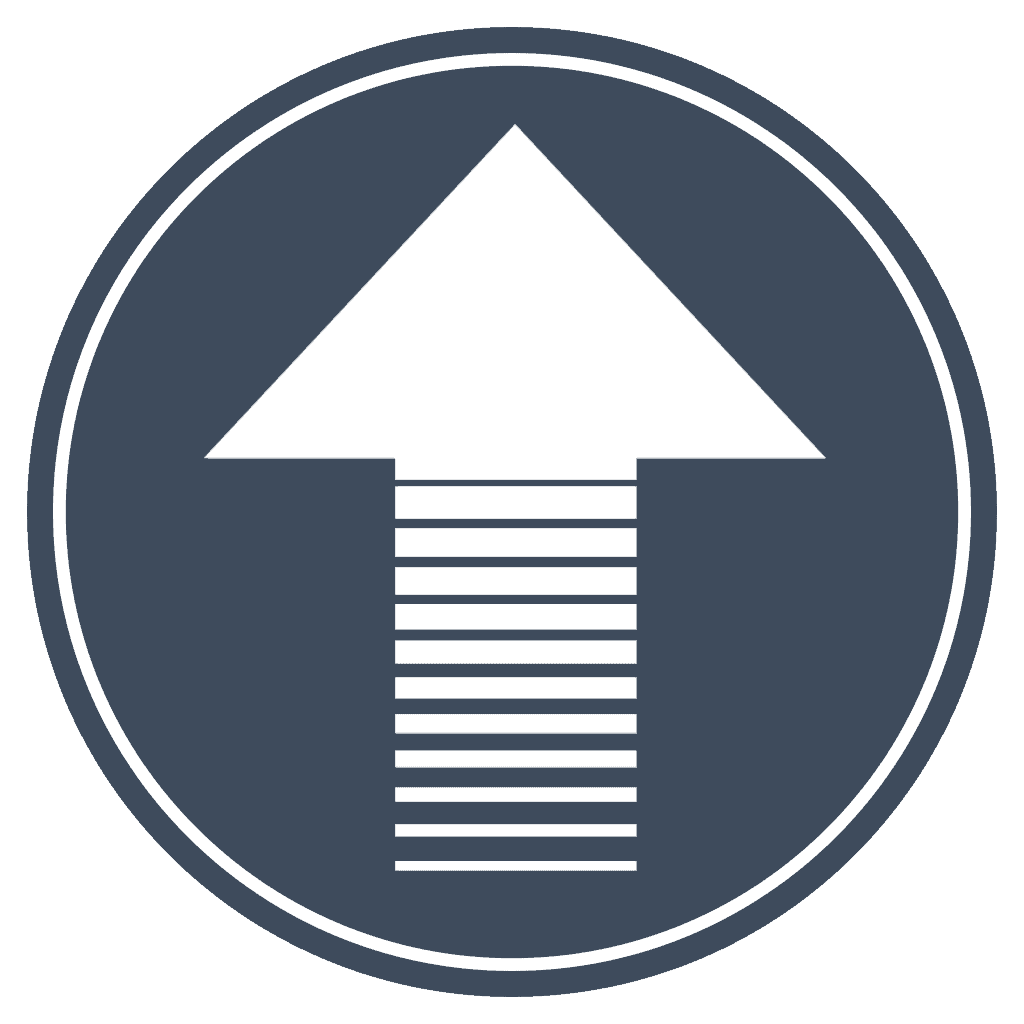2 votes, 5 avg
1Abstract Reasoning Test (FREE/DEMO)
109
WISC-V Test Practice (FREE/DEMO)
245
Raven’s Progressive Matrices (FREE/DEMO)
113
WAIS-IV Test Preparation (FREE/DEMO)
406
WAIS-IV Preparation
136
Raven’s Progressive Matrices
18
WISC-V Test Practice
77
Abstract Reasoning Test
39
